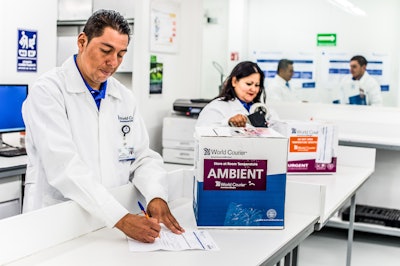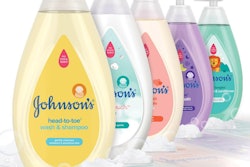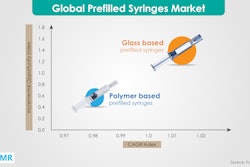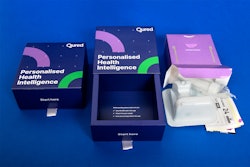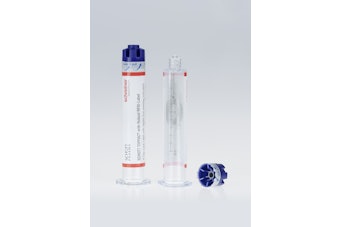Part I of this story outlined World Courier’s global logistics and supply chain strategies, based on an exclusive interview with Volker Kirchner, Director of Temperature Control Solutions at World Courier, and Michael Fleischer, Global Director Quality, Transport Division at World Courier, Germany.
HCP: World Courier noted that US Pharmacopeia 1079 and European guidelines were two of the most influential guides it uses. What are the significance of these and what other standards/guidelines does the company believe are most critical?
Fleischer: Stakeholders across the supply chain seek partners that can deliver Good Distribution Practice (GDP)-compliant transport, storage and distribution solutions worldwide.
We comply fully with GxP standards—from transport and storage processes to our depots. We are the first logistics company to attain global GDP certification against three major GDP standards with international implications and the only provider to hold a GDP certification with such wide and global scope.
GDP guidelines regulate the distribution of medicinal products from the manufacturer to the patient. The certificate underscores our commitment to and compliance with quality management standards and international requirements throughout the supply chain. We received the certification following a six-month evaluation process, during which a team of auditors from DQS—a leading certification body for management systems worldwide—analyzed our transportation, handling and storage processes, and tested them against guidelines outlined by the European Union (EU GDP Guidelines), U.S. Pharmacopeia (USP 1079) and the World Health Organization (WHO GDP).
HCP: What is the status of personalized medicines and direct shipments from manufacturer to patient, and what role does World Courier play in this area?
Fleischer: Innovative therapies are changing the world of medicine and significantly improving outcomes for patients. However, these novel therapies require specialized handling and administration by professional health providers.
Driven by a deepening industry focus on patient-centricity, more pharmaceutical manufacturers are implementing a direct-to-patient (DTP) model approach, both for clinical trials and commercial distribution. We have supported direct-to-patient clinical trials for years, but the demand for DTP has dramatically increased since 2014. Since 2012, we have handled DTP shipping for 424 customers in 52 countries, involving 386 different trial protocols. We also ship DTP for expanded access and compassionate use products.
Partnerships are extremely important with DTP. The Medical Research Network (MRN) is one example for us, and another is our connection with Cubixx Solutions—another AmerisourceBergen company. Collaborations are designed to simplify patient participation in clinical trials. For example, a qualified nurse visits the patient in his or her home and performs all medically necessary procedures required by the clinical trial, which may include infusion and collecting blood or urine samples. World Courier delivers or picks up related materials to and from the patient’s home and the clinical trial site. We have created detailed standard operating procedures to ensure compliance with the regulations, patient confidentiality and protocol support.
Kirchner: Through our collaboration with Cubixx Solutions, we offer CubixxCT, a small access-controlled refrigerator that stores drug products at an optimal 2°C to 8°C temperature in the patient’s home. It tracks usage, provides reports to researchers, and enables real-time temperature monitoring and PIN-controlled access. It also eliminates the need for frequent deliveries where relevant, and ensures the product is available when medical staff arrive to administer it.
Part III examines the challenges posed by biologics and temperature-sensitive products through the supply chain.
